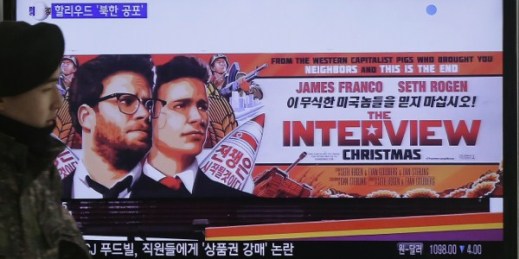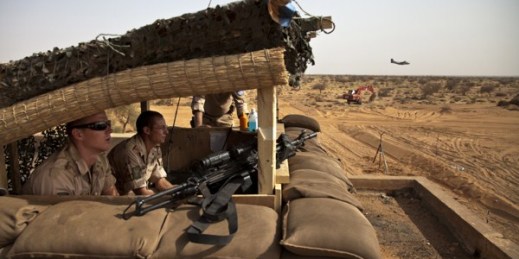
When they set out to make “The Interview,” a comedic movie about assassinating the leader of North Korea, actors Seth Rogen and James Franco likely did not realize they would spark a massive cyber attack, lead the White House to dub those attacks a national security problem or inadvertently trigger a First Amendment crisis in the United States. When Sony and theater owners bowed to hacker demands that they cancel the movie’s Christmas Day release, followed shortly by Paramount’s refusal to allow movie theaters to run “Team America: World Police”—another comedy made at North Korea’s expense—in its place, they highlighted […]

